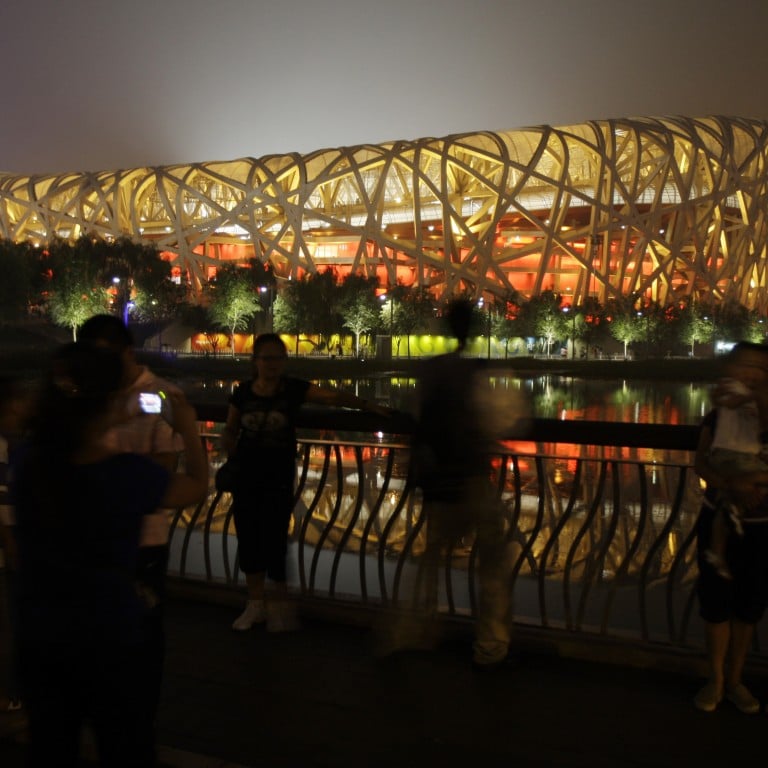
Sochi Games brings back memories, but let's move on
With technology developing and rapidly changing the world, it's best to leave the jokes behind and focus on fixing the problems around us
My first trip to the United States in early 2008 - with the Beijing Olympic Games just months away - gave me a street-level glimpse of China's rising profile on Wall Street as well as among ordinary Americans.
I stayed at a hotel near Fifth Avenue in New York City. There were already some Chinese-speaking consumers on the well-known shopping strip but Putonghua was yet to become a required language for salespeople in luxury stores. Now, it is a different story, as American and Chinese travellers can tell you.
This brings to mind a story told by a friend at Lenovo. After its landmark acquisition of IBM's personal computer business in 2005, Lenovo sent some senior executives to the US to take over the business.
On arrival, one executive was stopped by a visa control officer and was asked the basic questions encountered by all travellers to America: "Why are you coming to America? What is the purpose of your visit?"
The executive said she was going to take over IBM's personal computer business for her Chinese employer Lenovo. The visa officer was shocked and thought she must be kidding. Lenovo? What is that?
While watching the opening ceremony of the Sochi Winter Olympics on television, my memories about the Beijing Olympics began flooding back. There were plenty of hilarious stories at the time as well as a few bad jokes about the Beijing Games.
But just six years on, China is the most talked about topic for global business, and for politics, too. Here are two examples: exports of textiles from Scotland to China are about to hit a record high after sales in the first nine months of last year reached nearly £9.7 million (HK$122.9 million), outstripping the total for 2012; China has also become the biggest market for red wine for the first time, overtaking France and Italy, where the quantity imbibed has been falling, according to a recent wine industry research report.
The Beijing Olympics certainly made China more famous; US immigration officers will not find deals like the Lenovo-IBM transaction a joke anymore (indeed, Lenovo is now buying yet another part of IBM).
As for the jokes circulating in the lead-up to the games, people laughed and moved on. Perhaps that is what our Russian friends should do, even as they contend with the scrutiny that China faced in 2008. It is always good to have a sense of humour - and a short memory.
Sure, China still has a lot of problems. Some reminders are close at hand with the behaviour of some of our big spenders abroad, prompting the Foreign Ministry to urge travellers to "be civilised".
My take on this is that things have changed too fast for China, the US and the rest of the world. Technology makes history develop faster than ever. We all need to get used to such rapid changes, and there is no turning back.
While we all love a joke, let's focus on becoming more constructive in how we can help to fix the problems around us.
That is my little wish for China, Russia and America, too - keep laughing but please also carry on with the bigger tasks required.

